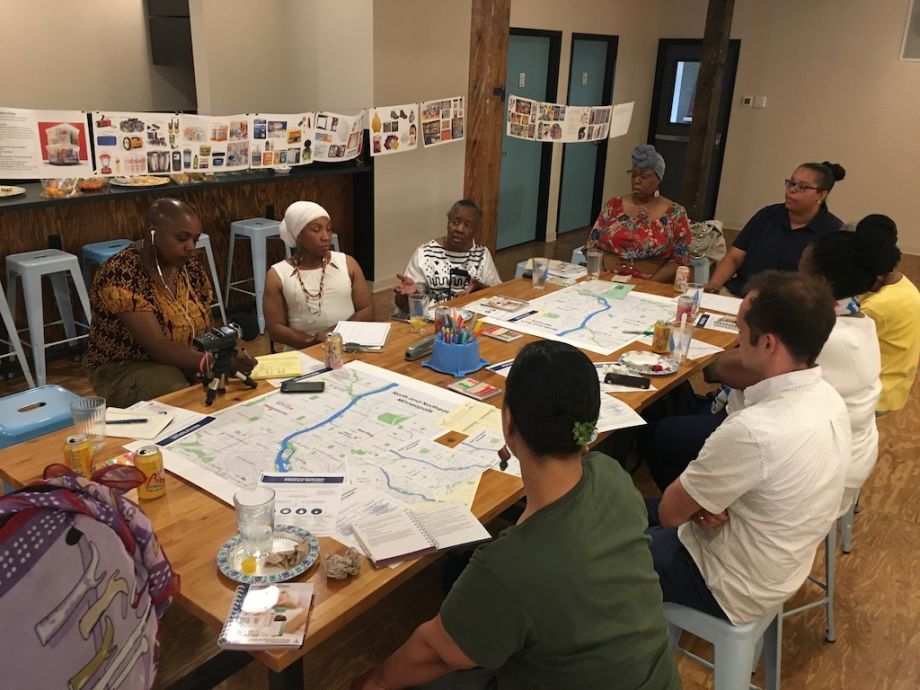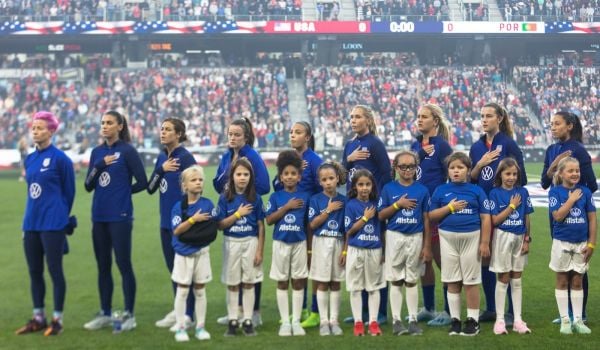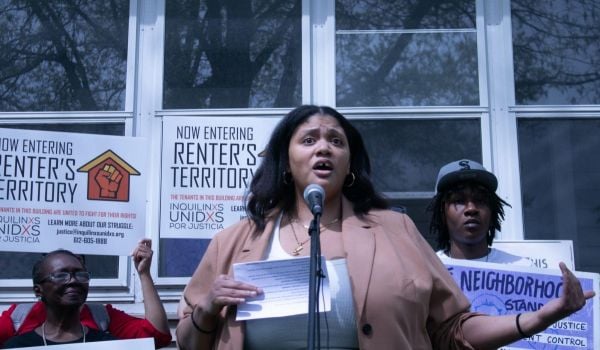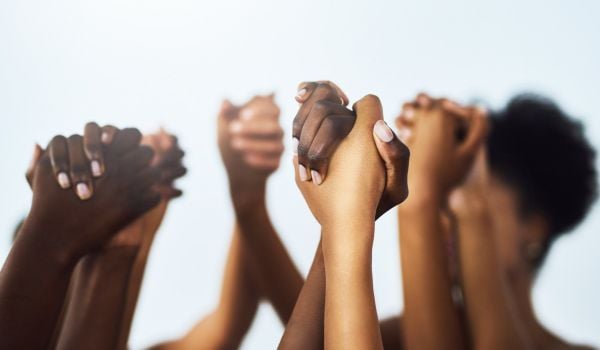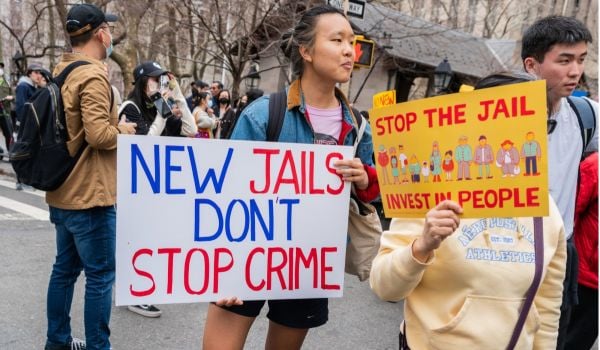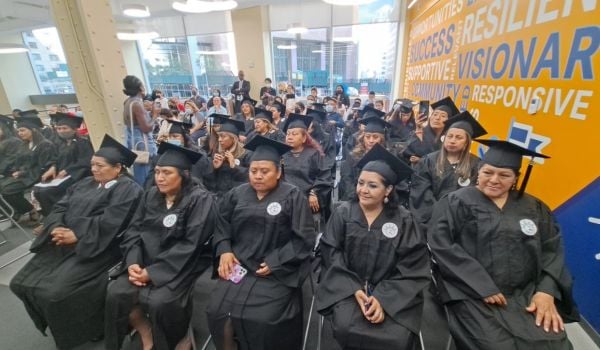EDITOR’S NOTE: This sponsored content is paid for by the Center for Cultural Innovation (CCI), as part of its AmbitioUS initiative. This series explores how alternative economic models can empower artists and culture bearers, with an eye toward financial freedom and long-term sustainability. You can find the other stories in this series here.
After yet another tragic shooting of a young black man by the police in Twin Cities in 2015, a North Minneapolis woman named Amoke Kubat put out a call to the area’s mothers.
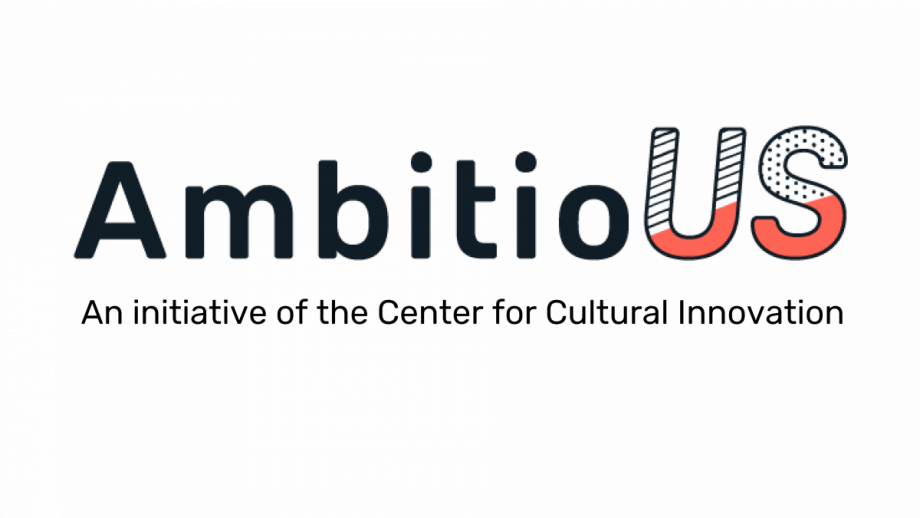
“Bring your pillow, bring your tissues, we’re going to scream,” she told them. And they did. They gathered for a “grief circle” to lament, cry and process into the night. Later, they would come together again to decorate more than 100 pinwheels in honor of the victim, Jamal Clark, and place them along the Mississippi River, calling them the Winds of Change Pinwheels. They prayed over the pinwheels, and watched as the winds lifting off the river sent them spinning, spurring those affirmations across North Minneapolis and beyond.
For Kubat, supporting mothers like this in every season is her life’s work, both in her personal life and as the leader of Yo Mama’s House, an art and healing space cooperative for women and mothers in North Minneapolis. At various points, that has looked like hosting a community event to build rocking chairs for mothers and elders in the community. Another time, she drove across town in the middle of the night with diapers, pillows, blankets and food when she got a call from a mother of two babies that her house had burned down. Recently, she hosted a woman from Duluth who traveled to the Twin Cities to seek medical care, and not only coordinated the transportation, but arranged for a patient advocate who could go to the doctor with her. And no matter what, Kubat makes sure to have soup and tea on offer for anyone who needs to stop by and talk.
“Women are doing all of these essential roles, and I think COVID has made that even more clear,” Kubat says. “Mothering is very important, and we need to value women’s visible and invisible work, our labor we do 24/7. Even when we’re sleeping, we’re thinking a bit. I just want women to have a place they can come to feel supported and taken care of.”
For a decade, Kubat carried out her vision by hosting events at other spaces or even outside (she’s known to have set up a chair and weaving loom on the sidewalk or in a park, and ending up in long, intimate conversations with strangers). In January, however, she was finally able to purchase a physical home for Yo Mama’s House, in part through a $25,000 contribution to her GoFundMe from AmbitioUS. The house is in progress, but so far she’s set up an office, an art space where cooperative members can sew and create, and a relaxation space complete with a massage chair. She’s holding an outdoor gallery in the backyard this summer and dreams of holding small community theater shows on the expansive back deck.
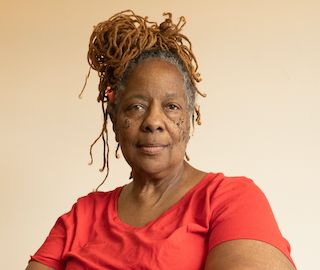
Amoke Kubat of Yo Mama's House (Photo courtesy Amoke Kubat)
Kubat is the clear visionary behind Yo Mama’s House. But being a cooperative is essential to her vision.
“My receiving love is we’re doing things together, and we’re having a good time,” she says. “We’re together, we’re working through problems and eating together. We work better together through consensus. So the closest model I could find to the way we were already working and being together was a cooperative model.”
Kubat found the language to describe the structure of Yo Mama’s House in part through the North Star Black Cooperative Fellowship, a six-month program for Black-owned worker cooperatives in the Twin Cities. North Star graduated its fourth cohort in May, and its alumni have started organizations focused on housing, food access, cannabis, healthcare and consulting, among other areas.
“We’re reimagining a world where Black people are safe and can exist, and figuring out what kind of systems we need to have in place to do that,” says Nkuli Shongwe, community wealth building manager for Nexus Community Partners, North’s Star’s parent organization.
Many North Star alumni have achieved success in part through the fellowship’s commitment to supporting graduates after the fellowship ends. Alumni have access to technical assistance and a small fund for expenses such as marketing, web design and legal help. They also offer continued programming, including book clubs and speakers and facilitators from around the city and country (recently they hosted Noni Session of East Bay Permanent Real Estate Cooperative).
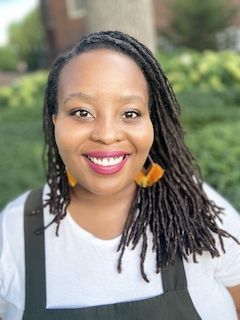
Nkuli Shongwe, Community Wealth Building Manager for Nexus Community Partners (Photo courtesy Nkuli Shongwe)
“We realized that you can’t have a six-month fellowship and then expect people to start their own cooperatives in a world where it’s very hard to attain capital,” Shongwe says. “While people love to do this work, many also have to work a full-time job. Finding additional time to work on this can be difficult.”
Shongwe says the fellowship also focuses on connecting with the Black American legacy of cooperatives. Like Kubat, who started a community-led space and later used the cooperative language to describe what her organization already was, cooperative programs have always existed in Black communities in America, even if they weren’t labeled as such. Shongwe points to examples such as Black Panther survival programs, the Freedom Farm Cooperative and the Free African Society, all of which provided mutual aid.
Kubat says this history provides a meaningful anchor for her work.
“Yo Mama’s House has always been an organization who wanted to do the work based on cultural wisdom, on the legacies of family and passing that down,” Kubat says. “What did your mother or grandmother do? What did that crazy aunt, the black sheep of the family, what did she do? There’s wisdom in all of those stories, and getting women to talk about that and pass it down is profound.”
Kelsey E. Thomas is a writer and editor based in the most upper-left corner of the country. She writes about urban policy, equitable development and the outdoors (but also about nearly everything else) with a focus on solutions-oriented journalism. She is a former associate editor and current contributing editor at Next City.

